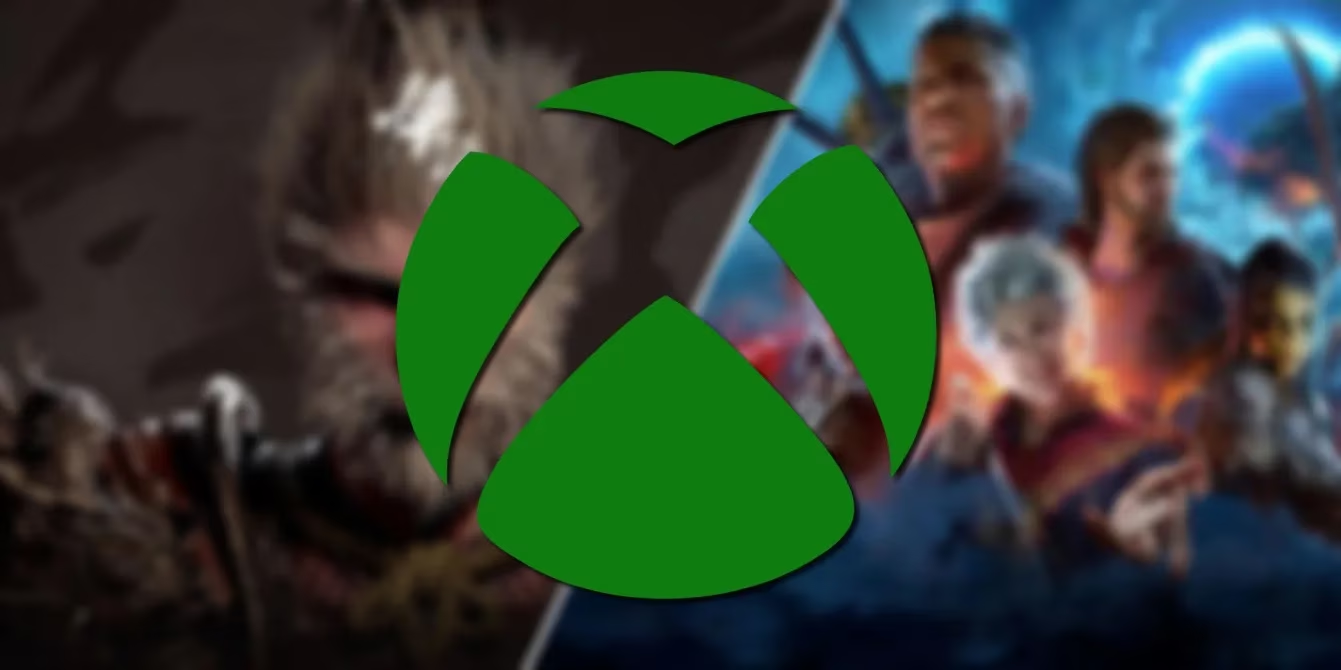The gaming world still remembers the seismic tremor of August 2024, when Black Myth: Wukong erupted onto PC and PlayStation 5 with the fury of a celestial dragon awakening from millennia-long slumber. Game Science's magnum opus didn't just break records—it vaporized them, achieving what seemed as impossible as bottling moonlight. Within three days, 10 million copies vanished from digital storefronts like offerings to ancient gods, while Steam's servers groaned under 2.4 million concurrent players—a staggering monument to single-player devotion. By October, 20 million pilgrims had embarked on this journey through Chinese mythos, their collective praise crystallizing into an Overwhelmingly Positive rating. Yet beneath this triumph festered a peculiar emptiness, a void as conspicuous as a missing constellation in the night sky: Xbox players stood stranded outside the temple gates, their controllers gathering dust while others basked in the glow of Sun Wukong's glory.

For Xbox devotees, the June 2024 delay announcement felt like watching a grand feast through frosted glass—they could see the splendor but couldn't taste it. Game Science's vague murmurings about "optimization issues" hung in the air like unanswered riddles, leaving fans to wonder if the Series S's technological constraints had become the Monkey King's latest unbreakable shackles. The bitterness was particularly acute for those who recalled Microsoft's controversial parity clause, an invisible barrier that had previously trapped Baldur's Gate 3 in development limbo. Larian Studios' struggle mirrored Game Science's current predicament with painful clarity—both masterworks temporarily earthbound by the gravitational pull of technical constraints.
Parallel Journeys Through Console Limbo
-
Baldur's Gate 3's Precedent: When Larian faced Series S co-op limitations, Microsoft's eventual compromise felt like discovering a secret passage in a labyrinth—sudden, brilliant, and liberating
-
The Shadow Drop Masterstroke: BG3's surprise Game Awards 2023 release wasn't just clever marketing; it was a tactical nuclear strike on player expectations, detonating joy across Xbox communities
-
ESRB's Whispered Promise: The 2024 rating for Black Myth: Wukong on Xbox shimmered like a diviner's omen, suggesting history might repeat its most triumphant beats
Larian's solution had been elegant in its pragmatism—sacrificing split-screen functionality on the Series S to liberate the game for millions. This decision didn't feel like concession; it resembled an alchemist transforming leaden limitations into golden opportunity. The shadow drop at The Game Awards became instant industry legend, proving that surprise releases could land with the cultural impact of a meteorite cracking open to reveal diamonds inside.
Why History Must Rhyme for Wukong
| Strategy Element | Baldur's Gate 3 Impact | Potential Wukong Payoff |
|---|---|---|
| Surprise Launch | Unprecedented social media explosion | Xbox trending domination for weeks |
| Post-Awards Availability | Instant player surge during holiday season | Capitalizing on 2024's festive spending rush |
| Breaking News Cycles | Dominated gaming discourse for a month | Reinvigorating mainstream interest in the IP |
Now in 2025, we recognize how acutely Game Science needed this playbook. The ESRB rating had glimmered like a foxfire lantern in fog—hinting at a 2024 resolution but offering no certainty. Choosing The Game Awards for a shadow drop wasn't merely smart; it felt cosmically ordained, a chance to transform Xbox's prolonged wait from frustration into ecstasy. The strategy promised to do more than sell copies—it would weave Xbox players into the game's legacy tapestry rather than leaving them as footnotes.
For those who endured the wait, the eventual December 2024 shadow drop landed like monsoon rain after years of drought. Watching the Xbox logo materialize beside Sun Wukong during Geoff Keighley's presentation unleashed tidal waves of emotion—a collective catharsis where controller vibrations seemed to synchronize with pounding hearts across the globe. The delay's sting transformed into sweet nectar, proving that some journeys must wander through deserts before reaching oases. And as players finally grasped the staff of the Monkey King on Xbox, they understood what pilgrims through Chinese mountains have always known: the hardest paths yield the most transcendent views.
Five years after its seismic debut, Black Myth: Wukong's journey to Xbox stands not as a belated footnote, but as the glorious final movement in its launch symphony—an echo of Baldur's Gate 3's genius that transformed exclusion into event, and longing into legend. Where once there was silence, now rings the joyous clash of virtual staffs against demonic foes, proving that even celestial adventures eventually find their way home.
According to articles published by Polygon, the phenomenon of surprise launches and platform exclusivity has become a defining trend in the modern gaming landscape. Polygon's reporting on both Baldur's Gate 3 and Black Myth: Wukong underscores how strategic release timing and community anticipation can transform a delayed launch into a cultural event, amplifying both player engagement and critical acclaim.